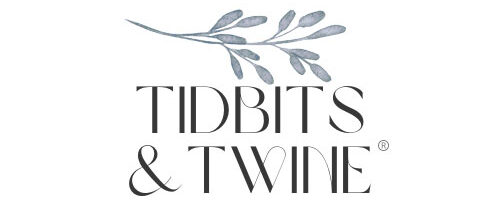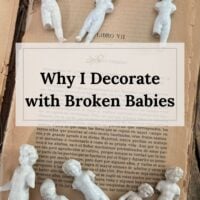If you want your home to feel less predictable and more personal, curiosity decor might be just what you need. These are the kinds of pieces that make your space feel lived-in and layered — the ones that stop people mid-conversation and make them lean in for a closer look. They’re a little unexpected, a little whimsical, and always full of personality
Recently, I ran a poll on Instagram asking what people thought of curiosity decor — and most said they didn’t like it! But I don’t think that means people truly dislike quirky antiques. I think it means they don’t yet see the appeal. At first glance, these pieces can feel a little odd, mysterious, even unnecessary.
But once you understand their history and learn how to style them, you start to see them differently. Instead of strange, they become conversation pieces — the little details that transform a house into a home. And that’s exactly why I love quirky antiques and curiosity decor: the whimsical, unexpected objects that make a space feel truly yours.
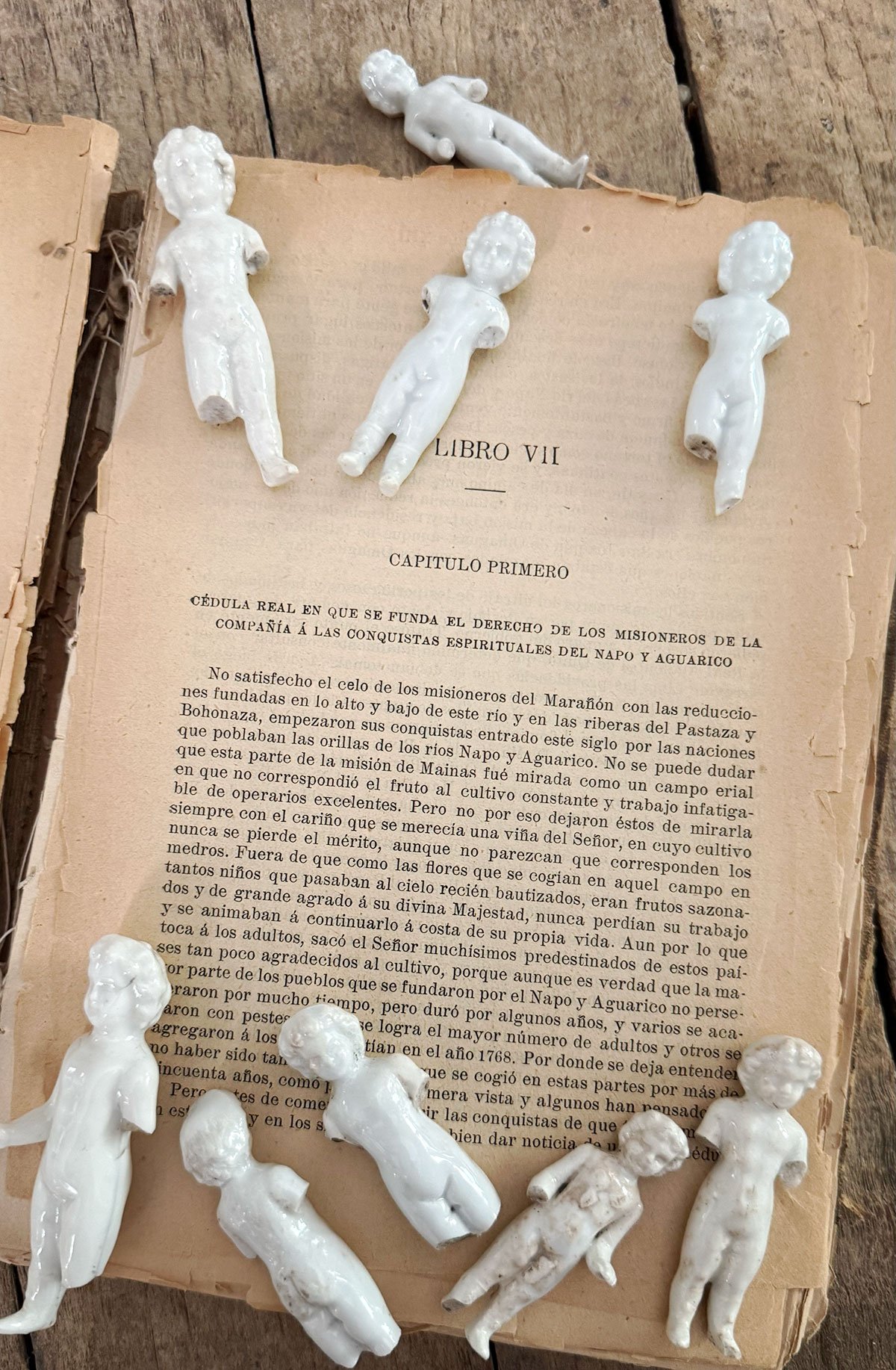
Why I Love Quirky Antiques
I still remember spotting my first reproduction cage Santos doll — of all places, at HomeGoods! Once you see something, you start noticing it everywhere, and soon I was finding them at antique fairs and even in Italy. I was smitten.
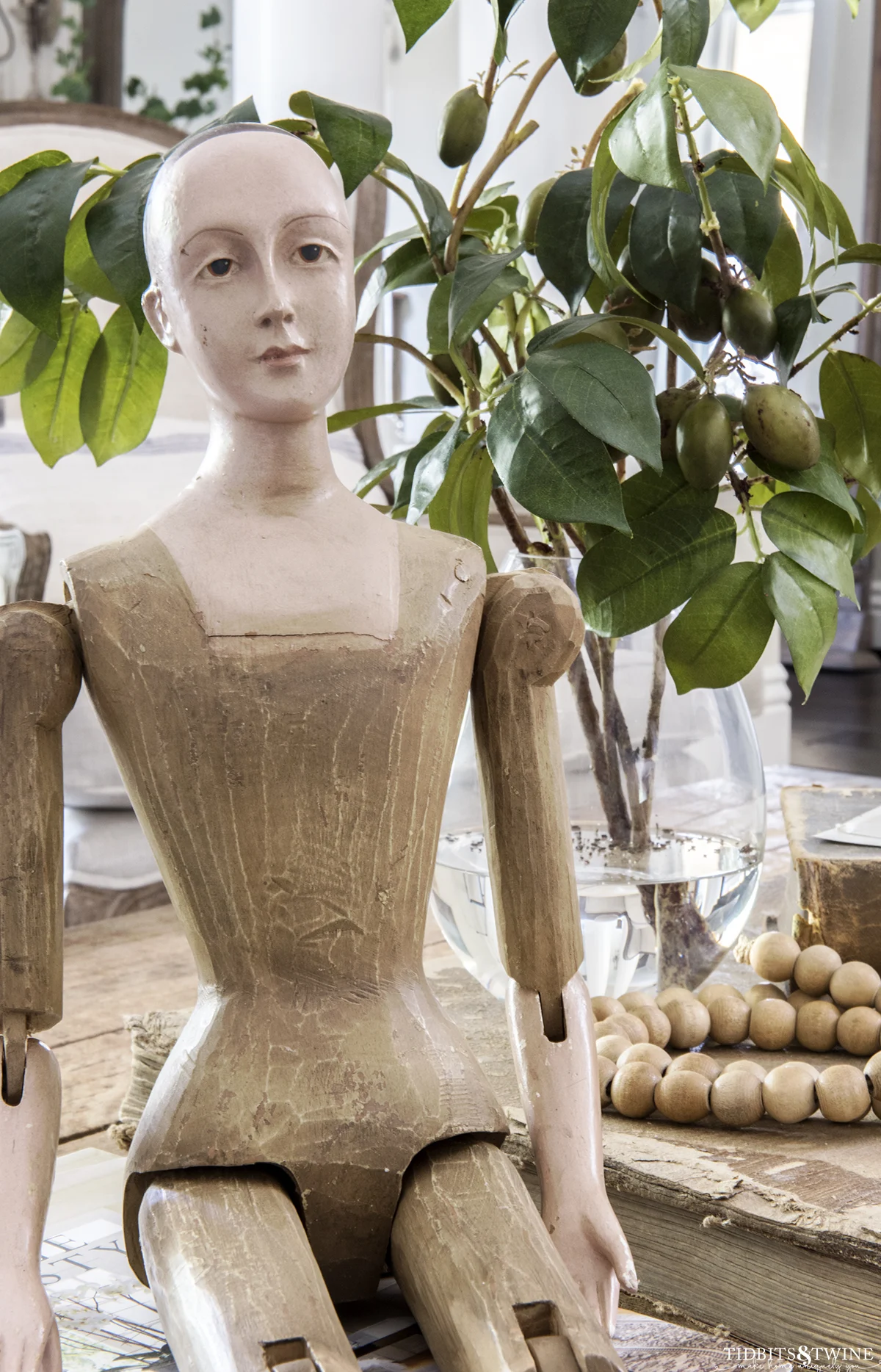
The same thing happened with Frozen Charlottes. I first saw them in a magazine — a bowl of tiny, white dolls styled on a coffee table — and had no idea what they were. Later, I stumbled upon them at an antique fair, asked the vendor, and came home to research. Ever since, I’d wanted my own bowlful… and I finally fished my wish!
These pieces aren’t just decorative. They’re windows into history, full of character and a touch of humor. And they’re incredible conversation starters — like the time one of my daughter’s friends spotted the feathers in a glass box on our coffee table and asked, “Why do you have those in there?”
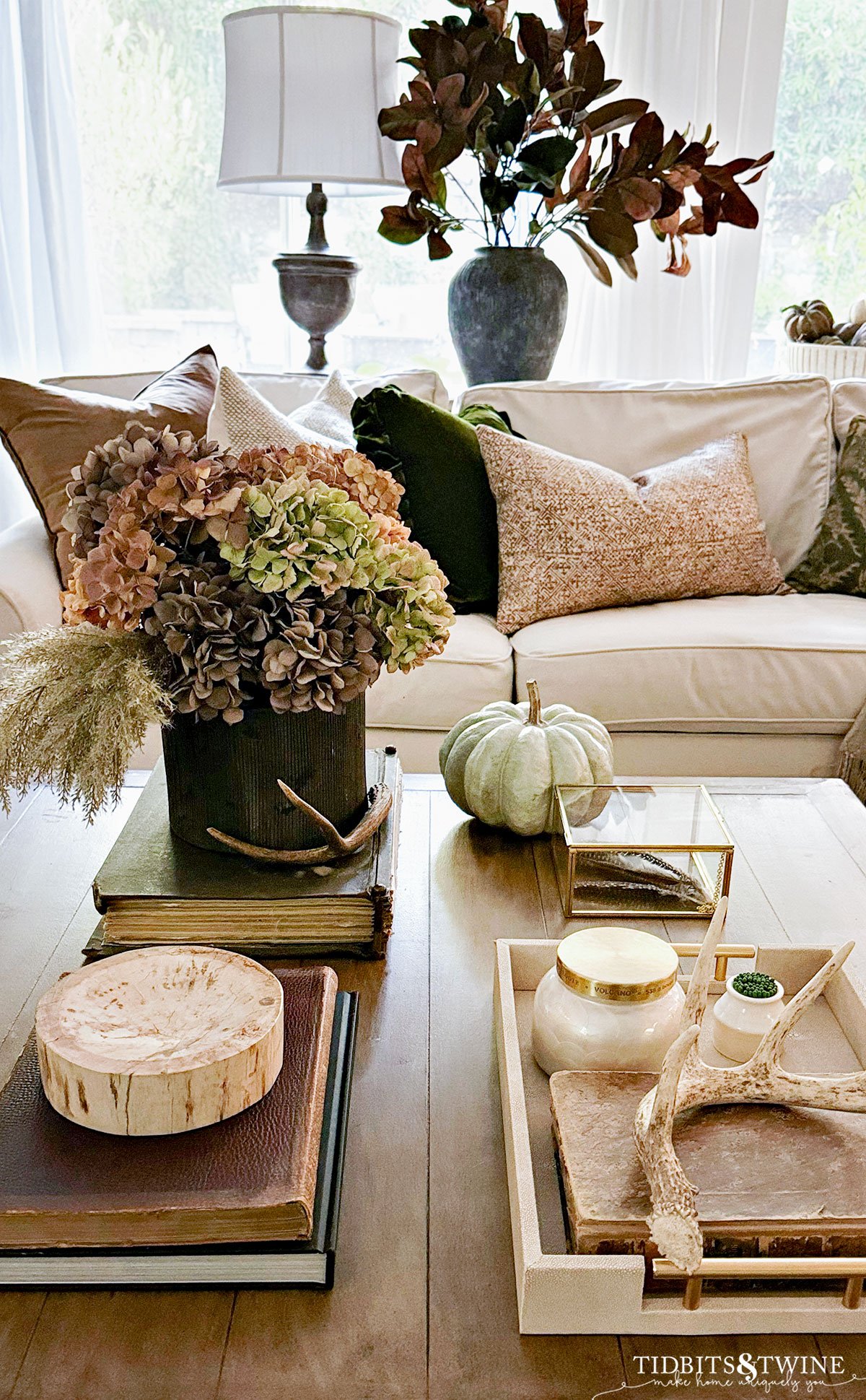
Reasons to Incorporate Quirky Decor
If you’ve never styled a Santos doll, a vintage magnifying glass, or an apothecary jar full of treasures, here’s why quirky decor deserves a spot in your home:
- Adds personality — No one else will have the exact same piece.
- Sparks conversation — Guests will ask about unusual finds, inviting storytelling.
- Breaks predictability — Keeps rooms from feeling like a showroom catalog.
- Tells your story — The quirky pieces you choose, whether a souvenir or an heirloom, weave your personality into your home.
- Creates wonder — Encourages curiosity and exploration for anyone who visits.
From Wunderkammern to Your Living Room
Stay with me for a moment because this history lesson is one that’s actually interesting!
In 16th-century Europe, collectors loved showing off their finds in what were called Cabinets of Curiosity — or Wunderkammern. These weren’t just cabinets, though. They were entire displays packed with anything unusual or fascinating: seashells, fossils, scientific instruments, even exotic treasures brought back from far-off lands.
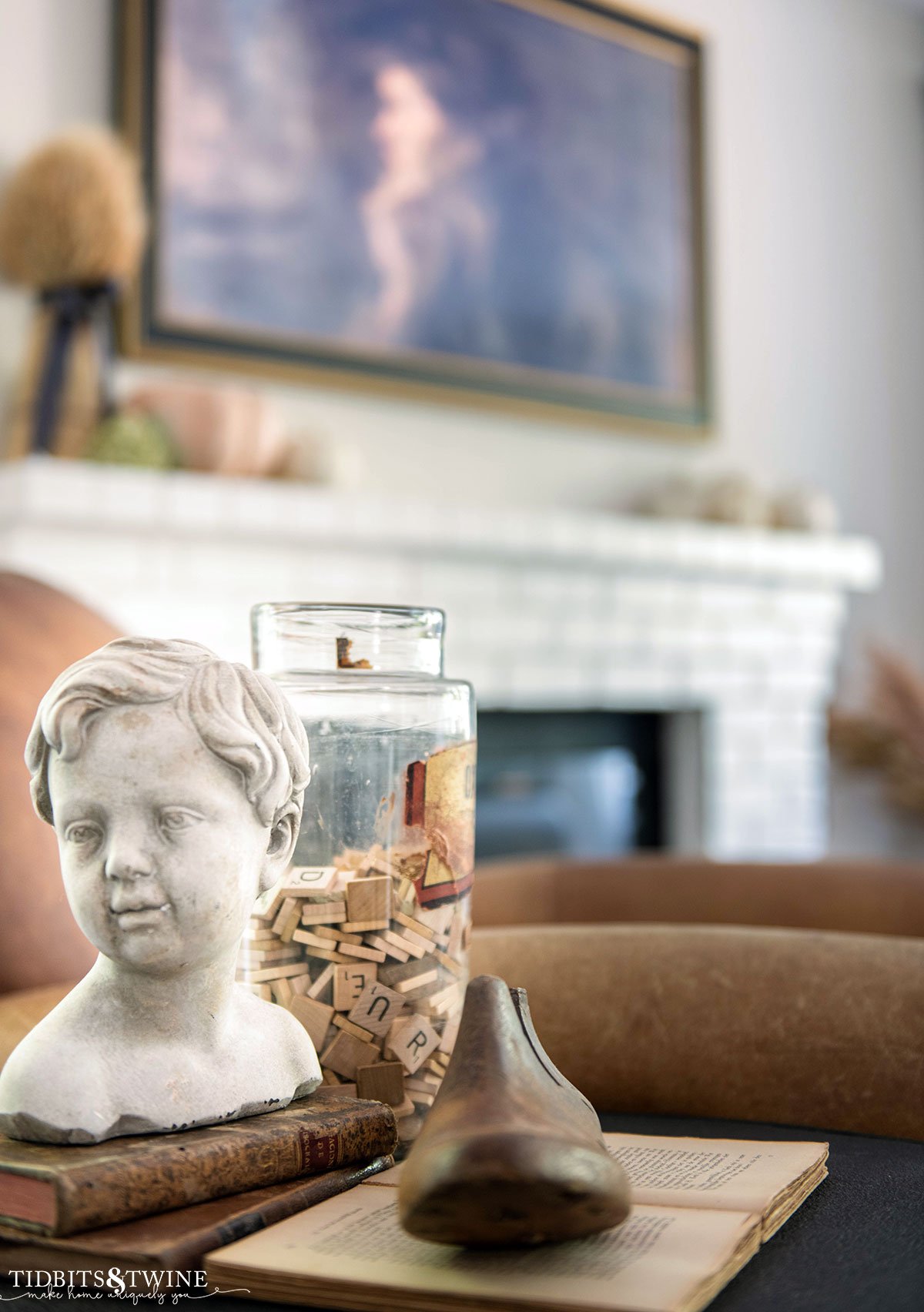
Some collections were refined and beautiful… others downright bizarre, like a preserved sea creature sitting next to a jeweled goblet or a taxidermy bird displayed beside an ancient coin. You never quite knew what you’d find — and that’s part of the fun, right? That same mix of wonder and surprise is exactly what makes curiosity decor so appealing today.
In many ways, those early collections were the precursors to modern museums — but for us, they’re also the inspiration behind curio cabinet ideas and the quirky little vignettes we create at home. And if you love the moody, layered feel of dark academia — think rich woods, worn leather, and candlelight — you’ll find that curiosity-inspired decor fits right in.
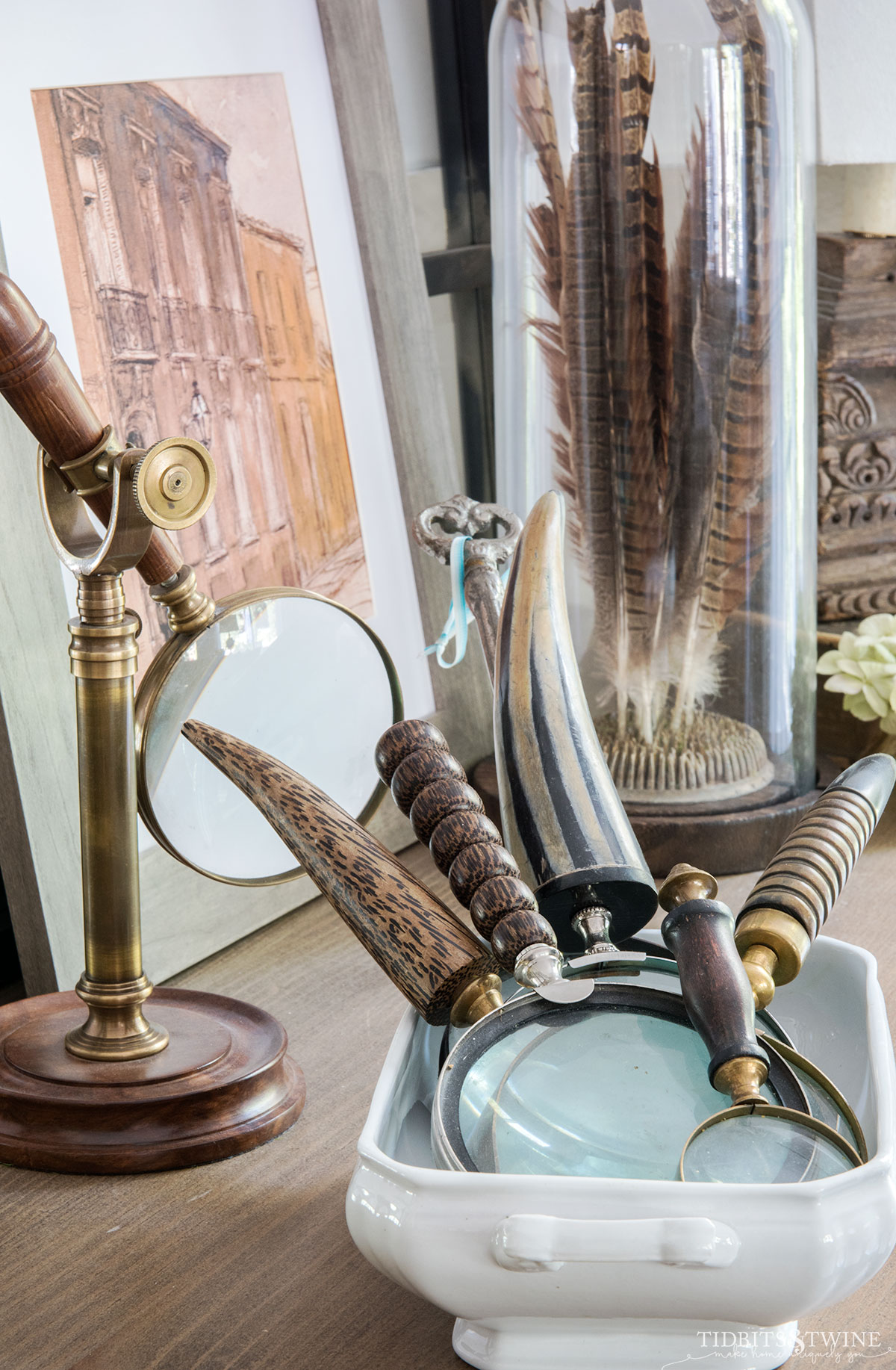
What Makes an Antique “Quirky”?
Quirky antiques often fall into a few broad categories — here are some to look for:
- Unusual Figures & Characters
- Santos dolls, carved saints, folk art animals, carnival figurines, marionettes.
- Miniatures & Miniature Worlds
- Dollhouse furniture, tiny books, scale-model instruments, miniature portraits.
- Scientific & Exploratory Objects
- Vintage magnifying glasses, compasses, globes, microscopes, drafting tools, apothecary jars, specimen bottles.
- Natural Specimens & Curiosities
- Shells, taxidermy, pressed botanicals, antlers, fossils, butterfly displays.
- Unexpected Everyday Objects
- Opera glasses in a display box, antique keys, glove molds, worn kitchenware, vintage typewriters.
- Whimsical Pairings & Playful Displays
- A cloche over something surprising, mismatched candlesticks, antique frames without art, repurposed finds.
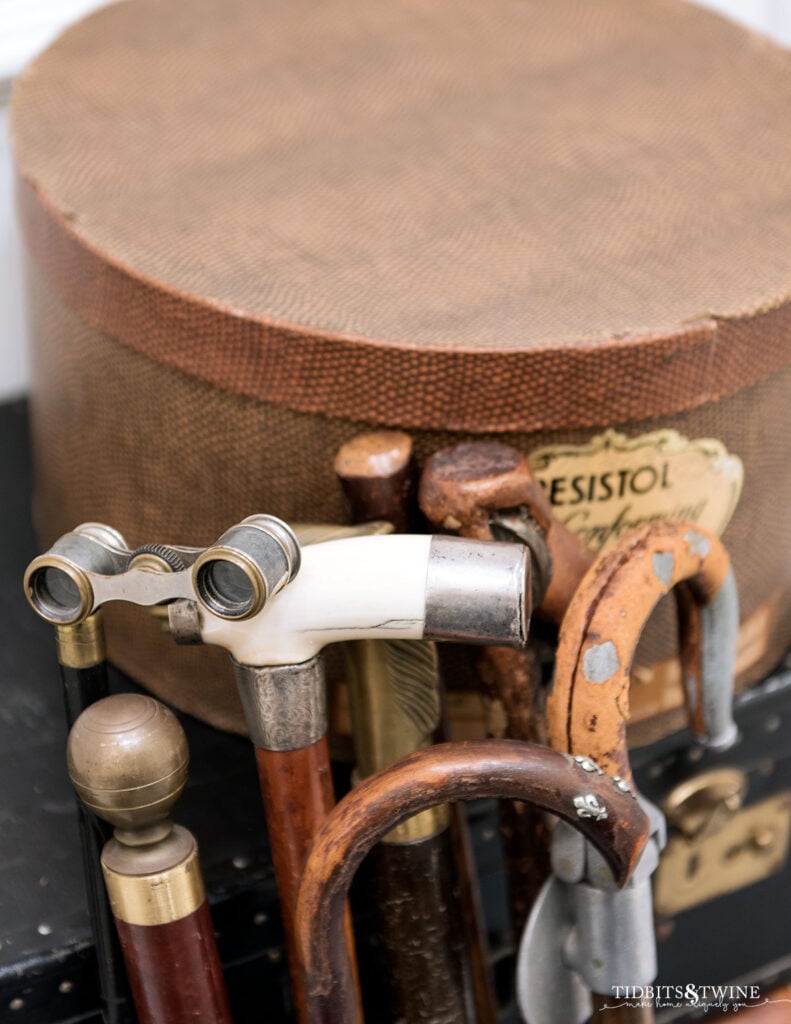
Tips for styling Quirky Antiques & Curiosity Decor
- Balance with classics so the space doesn’t feel chaotic.
- Give breathing room to let unusual pieces shine.
- Create little vignettes by grouping items that share a color or texture so they feel intentional, not random.
- Blend into daily life — magnifying glasses in an ironstone dish, feathers in a glass box, or deer sheds stacked on books.
- Mix natural and man-made objects — fossils, dried flowers, framed insects, sculpture.
- Add personalization with heirlooms, souvenirs, or sentimental keepsakes.
- Play with display methods — cubbies, glass boxes, jars, cloches, or shelves.
- Experiment with light and shadow to highlight textures and add a little drama.
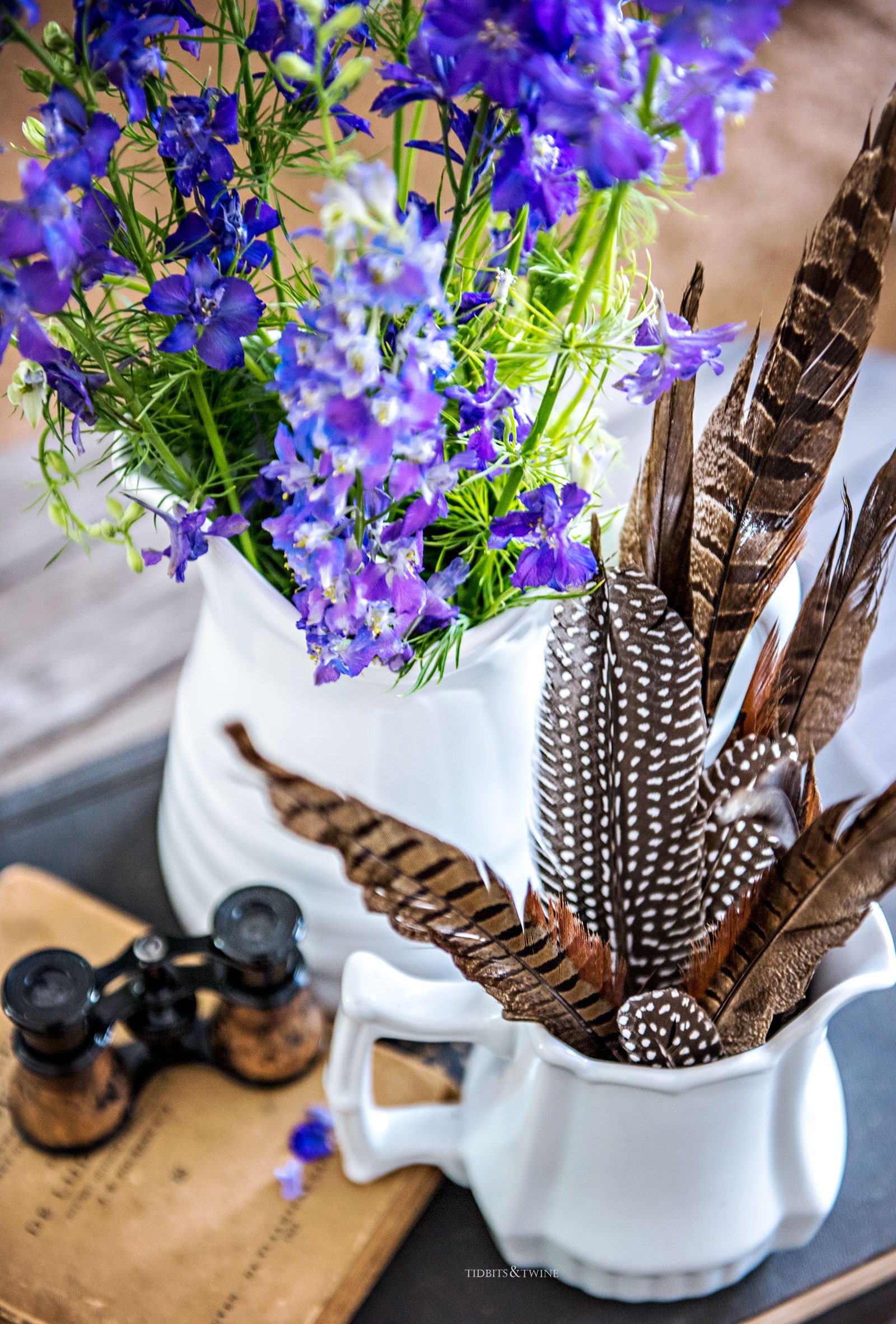
Final Thoughts
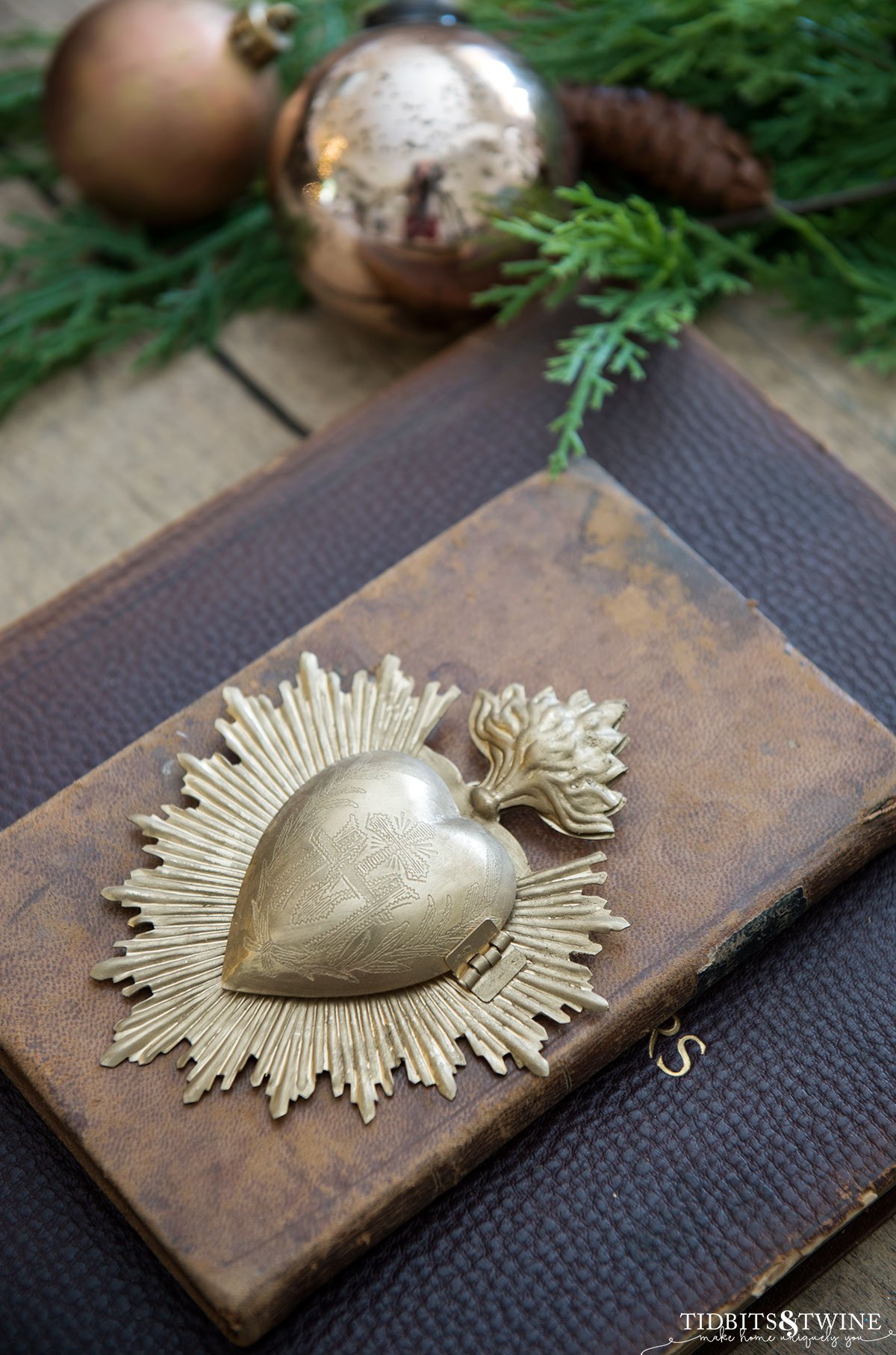
Quirky antiques might not be everyone’s cup of tea — at least not until they understand the charm behind them. For me, they’re what keep a home from feeling too predictable. They add layers, they tell stories, and they make people pause — maybe even lean in a little closer.
Reproduction or authentic, it doesn’t matter — if it makes you smile, it has a place in your home. And isn’t that what decorating is really about?
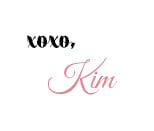
Join the Community
Let’s keep in touch! Get exclusive artwork plus the latest news delivered directly to your Inbox!
